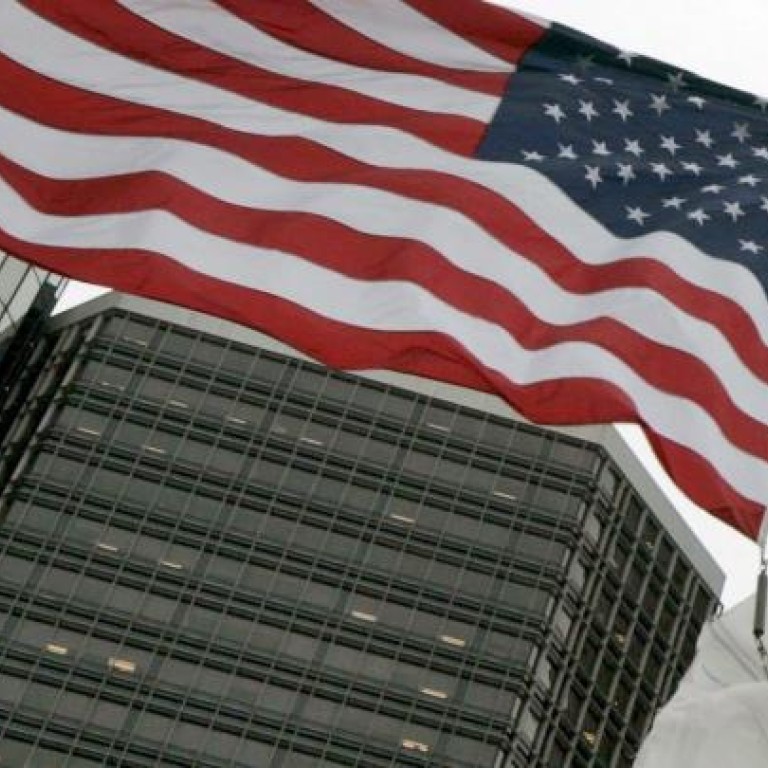
Trade group ties expose firms to antitrust suits
Charles Rule and Joseph Bial, partners at Cadwalader, Wickersham & Taft, discuss Chinese companies doing business in the US
The United States federal court's decision last month in the Vitamin C case demonstrates the potential landmines awaiting Chinese firms doing business in the US.
In that case, several Chinese companies were sued by a class of consumers in the US for fixing the price of Vitamin C.
In their defence, the Chinese companies argued that they were compelled to price in the manner they did by the Chinese government.
China's Ministry of Commerce took the rare step of submitting an amicus brief (or "friend of the court") supporting this argument.
The district court judge was not convinced by this argument, and the New York jury found that the Chinese defendants violated American antitrust law, fining Hebei Welcome Pharmaceutical and its parent North China Pharmaceutical Group US$162.3 million for their part in an agreement with its competitors to limit output and fix prices.
Many companies in China face similar risks of extended litigation in the US under antitrust laws.
In particular, Chinese companies in concentrated industries that consider themselves to be acting at the behest of the Chinese government may be deemed - by a US jury - to be acting on their own for purposes of antitrust laws, subjecting them to potential liability in the US.
Perhaps of even greater concern, there could be circumstances where a Chinese company must act in accordance with a governmental directive in China - such as a trade association rule - that is not viewed by a US court or jury as actual "compulsion" by the Chinese government. The company would then have to choose whether to violate Chinese laws and regulations or those in the US.
These concerns, as the Vitamin C case suggests, may be most relevant where trade associations are involved.
In many industries, trade association activity may guide actions by Chinese companies. Trade associations in China are not voluntary private groups like they are in the US. They are quasi-governmental entities that act as an agent of the government.
Almost all industries in China have their own trade association, and membership is often mandatory. Chinese trade associations are controlled by supervisory governmental agencies, which often appoint retired government officials to be the directors of these associations.
Owing to Chinese trade associations' strong ties to the government, Chinese companies are practically compelled to abide by the guidelines issued by their respective trade association - even if they are not viewed by a US jury as such.
An interesting element of the Vitamin C judgment is the fact that the defendants are both controlled by state-owned enterprises.
China's SOEs have expanded rapidly over the years and sit on large amounts of cash. They are eager to expand abroad, as reflected in their listings on overseas stock exchanges and their merger and acquisition activities. However, their expansions make them ripe targets for plaintiffs' lawyers because of their deep pockets.
Making matters worse is that the SOEs' internal compliance policies and understanding of foreign law have not kept pace with their growth, which makes them vulnerable to an antitrust lawsuit in the US.
The problem facing Chinese companies, including SOEs subject to government mandates, is compounded by plaintiffs in the US increasingly bringing class actions against entire industries where trade associations are an ordinary part of business operations.
It is difficult to foretell which industries are at risk as manufacturers from glass to steel have come under attack in class action lawsuits by plaintiffs in the US.
Moreover, the lawyers heading up these lawsuits stand to gain financially exceedingly well - even if the case settles before trial - under contingency fee arrangements that give these lawyers a share of the ultimate judgment in the matter.
As a result - and particularly in light of the Vitamin C decision in New York - companies in industries with significant trade association activity face increasing risk under US antitrust laws.
Ultimately, the Vitamin C case underscores the importance of anticipating - and troubleshooting when possible - antitrust and competition issues that straddle international borders.
We have found with some of our firm's clients that early detection and compliance programmes - synchronised across multiple jurisdictions (such as China, the US and Europe) - can be an effective method for monitoring and managing these risks.
WRITE TO US Send your legal questions to [email protected].
